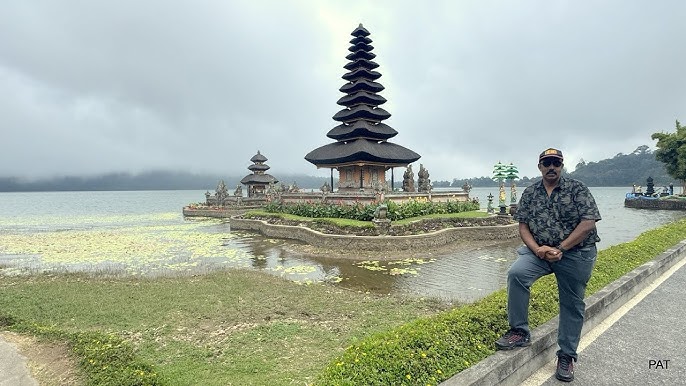Water temples in Bali hold profound significance in the spiritual life of its people. These temples play a central role in the spiritual lives of Balinese people, serving as spaces for purification, gratitude, and prayer. Their locations, often near lakes, rivers, or springs, reflect the deep reverence Balinese culture has for water as a life-sustaining and sacred element.
For visitors, Bali’s water temples offer a window into the island’s rich spiritual heritage. Whether through observing traditional ceremonies or participating in purification rituals, these sacred sites provide a unique opportunity to experience the spiritual depth of Bali. In this article, we explore the various roles of water temples and their significance in maintaining the spiritual balance of the Island of the Gods.
Beyond serving as places of worship, these temples symbolize the close connection between humans, nature, and God.
The Spiritual Significance of Water Temples in Bali
Here are 5 key roles of water temples in Bali’s spiritual life.
1. Places for Self-Purification
Water temples such as Tirta Empul are often used for self-purification rituals. The holy water from these temples is believed to cleanse negative energy and purify one’s soul. These rituals are performed by Balinese Hindus before religious ceremonies or during significant moments in their lives.
Travelers participating in a Bali tour are often guided to try this ritual, offering a memorable spiritual and cultural experience. The procession highlights the importance of water in Balinese life and beliefs.
2. Source of Life in the Subak System
Water temples like Pura Ulun Danu Beratan play a vital role in Bali’s traditional irrigation system known as subak. These temples serve as places to seek blessings from Dewi Danu, the goddess of water, to ensure a steady flow of water for the rice fields. This system reflects harmony between humans and nature.
After enjoying activities such as mount batur sunrise trekking, visitors can explore these temples to understand the intertwined relationship between spirituality and agriculture in Bali.
3. Preservation of Traditional Ceremonies
Water temples are central to various traditional ceremonies, such as Melasti, performed ahead of Nyepi Day. During this ceremony, sacred symbols are brought to water temples for purification as part of cleansing both nature and humanity.
These ceremonies underscore the importance of tradition in maintaining Bali’s spiritual balance. The temples are also a major attraction for visitors seeking to witness the sacred and symbolic rituals firsthand.
4. Connection with Natural Elements
Water temples in Bali not only function as places of worship but also serve as symbols of reverence for natural elements. Water is considered a vital element for maintaining balance in the world, prompting the construction of water temples near lakes, springs, or rivers.
Visitors drawn to natural beauty often include visits to water temples in their itineraries, enjoying the serene atmosphere offered by these sacred sites.
5. Spiritual Tourism Destination
In addition to being places of worship, water temples are a central attraction for spiritual tourism. Many visitors come to Bali seeking unique experiences such as meditation or purification rituals at these temples.
With the assistance of a Bali tour, tourists can access these water temples and gain deeper insights into their cultural and spiritual importance.
Water temples in Bali are symbols of balance between humans, nature, and God. Their rich spiritual significance makes them an integral part of Balinese life and a unique attraction for visitors from around the world.








